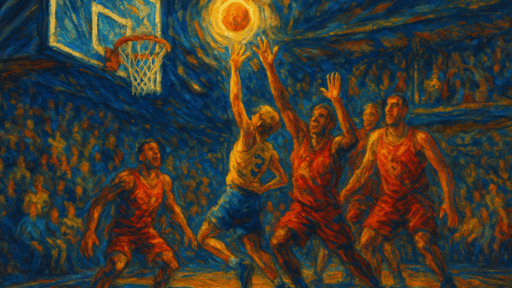“Shared joy is a double joy, shared sorrow is half a sorrow.”
Swedish proverb
There are bad ideas, and then there’s agreeing to host a World Cup watch party.
It started with an innocent group text:
FRIEND: “Hey, you should host one of the matches!”
ME: “Absolutely!”
ALSO ME (five seconds later): “What have I done?”
Because here’s the thing: I love soccer. I love my friends. I just don’t love my friends while watching soccer.
It’s not snobbery—it’s self-defense. Watching a match with casual fans is like watching a nature documentary with someone who keeps asking, “Wait, is that the same lion as before?”
I like my matches sacred. Quiet. Reverent. Ideally, alone, with one hand on the remote and the other clutching the edge of my sanity.
But somehow I found myself buying guacamole ingredients like a man preparing for his own public unmasking.
“Do we need chips?” my wife asked.
“Not just chips,” I said gravely. “A buffer.”
The gathering
The day arrived bright and calm—the deceptive calm of a horror movie before the jump scare.
People began to trickle in, carrying snacks, beer, and a kind of social optimism I found deeply suspicious.
Someone brought a friend.
Or as it turned out, an entire family—none of whom seemed aware I lived there.
Someone else asked if the U.S. was playing “the yellow team or the blue team.”
Someone dared—dared—to suggest muting the commentators so we could “talk more.”
Every cell in my body screamed.
I smiled through clenched teeth, trying to look like a man who hosts things on purpose. Inside, I was having a mild existential crisis while refilling bowls of pretzels.
The game begins
When the match kicked off, my living room turned into a live-studio audience.
Every near-miss was met with primal screaming.
Every throw-in earned commentary.
At one point, someone yelled, “Shoot it!” during a goal kick, and I briefly saw stars.
And by someone, I mean one of the kids from the uninvited family.
To be honest, that family almost unwrote this entire article.
They brought chaos, crumbs, and an energy that suggested they’d mistaken the World Cup for a birthday party at Chuck E. Cheese.
But then something strange happened.
Somewhere between the first half and my third nervous sip of beer, I started laughing.
At the chaos.
At my own uptightness.
At that kid’s theory that offsides “is basically like jaywalking.”
And when our team scored, the room exploded—chips flew, beer spilled, and someone hugged me hard enough to realign my spine.
For a moment, it was pure, unfiltered joy—loud, messy, and absolutely perfect.
The conversion
By the end of the day, I was a changed man.
The part of me that craved solitude had been drowned in guacamole and laughter.
The game was great—but the company was better.
It turns out the best way to protect something you love isn’t to keep it pristine. It’s to share it—even if one family shows up like they’re moving in.
Now, every World Cup, I still host the watch parties. I still cringe when someone yells, “We got this!” during stoppage time. But I also still laugh, still shout, still end up hugging someone I didn’t even like an hour before.
Because in the end, it’s not about the scoreline or the stats.
It’s about the noise, the mess, and the unexpected company that shows up and somehow makes it better.
Even if they weren’t technically invited.














